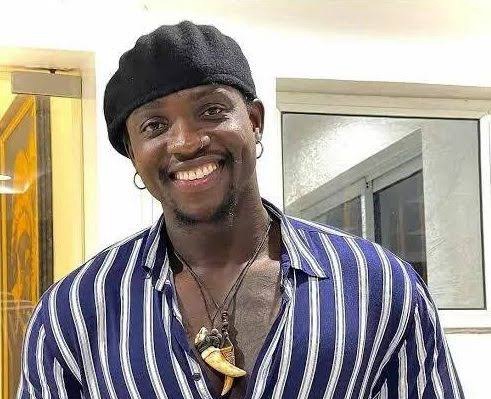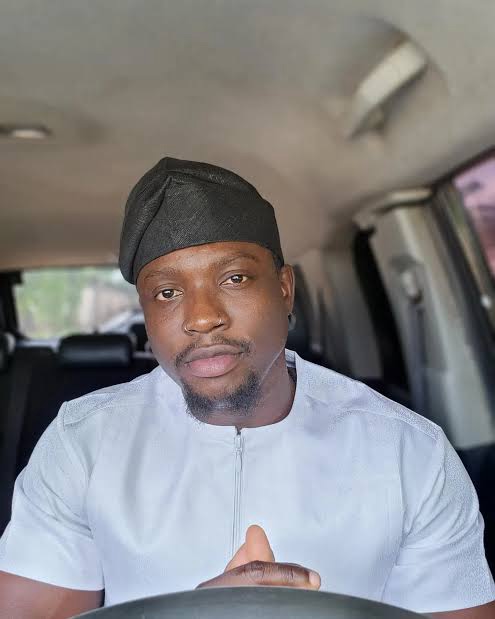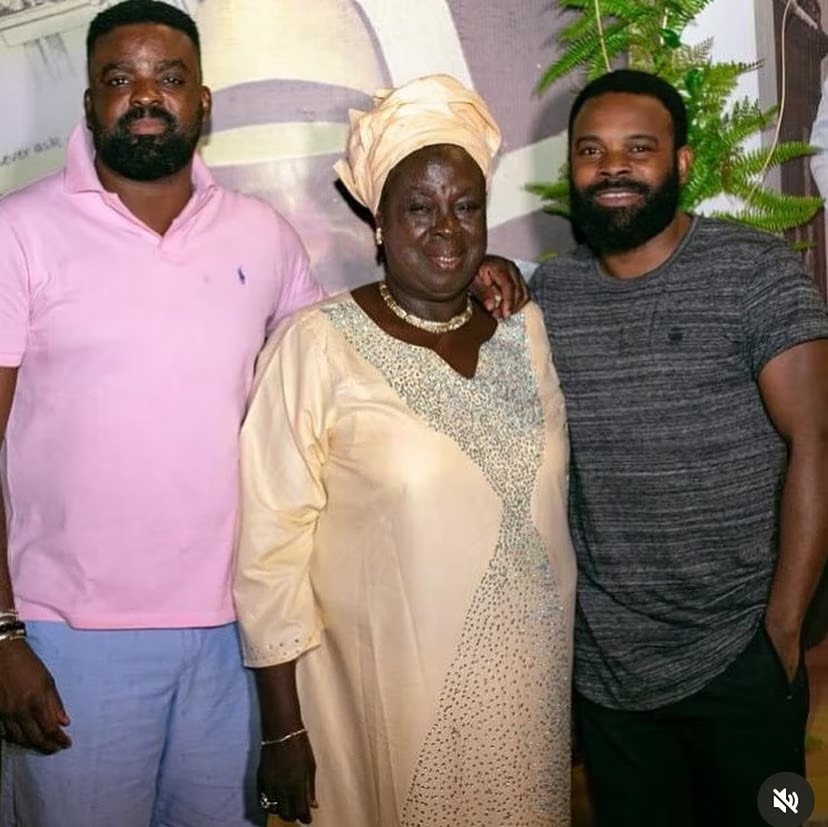Martins Vincent Otse, better known as “VeryDarkMan,” a Nigerian social media activist, has recently become a central figure in debates over freedom of speech, cyber harassment, and Nigeria’s Cybercrime Act due to his repeated detentions.

The controversy began in early 2024, when VeryDarkMan, known for his outspoken critiques of high-profile figures and institutions, allegedly posted inflammatory comments about Nigerian police officers and public figures like cross-dresser Bobrisky.
In March, he was detained over accusations of cyberstalking and defamation after he made allegations against police officials and lawmakers, claiming they were engaged in inappropriate relationships with Bobrisky.
In May, VeryDarkMan faced further legal consequences, as the Nigerian police arraigned him on five counts of cyberstalking, with prosecutors arguing that his posts on social media were intended to harass and intimidate.
His lawyer applied for bail, but the Federal High Court in Abuja deferred the decision, remanding him in police custody temporarily, despite his lawyer’s appeal for leniency.
The activist is currently held at the National Cybercrime Centre, while his next hearing is scheduled for later this month. This latest remand follows earlier detentions throughout the year, raising questions about Nigeria’s handling of online dissent and its application of the 2015 Cybercrime Act.
Public reaction has been mixed. Some see VeryDarkMan’s detentions as a clampdown on free speech, while others argue that his comments, often provocative and inflammatory, warrant scrutiny. Nigerian police have defended their actions, citing multiple complaints and arguing that his posts breached laws against cyber harassment and defamation. However, civil rights advocates are concerned that the use of cyberstalking charges to control social commentary sets a troubling precedent for free expression online in Nigeria.
As the case unfolds, discussions on Nigerian cyber laws and online activism continue, with some calling for reforms to balance free speech rights with the need to curb harassment.





